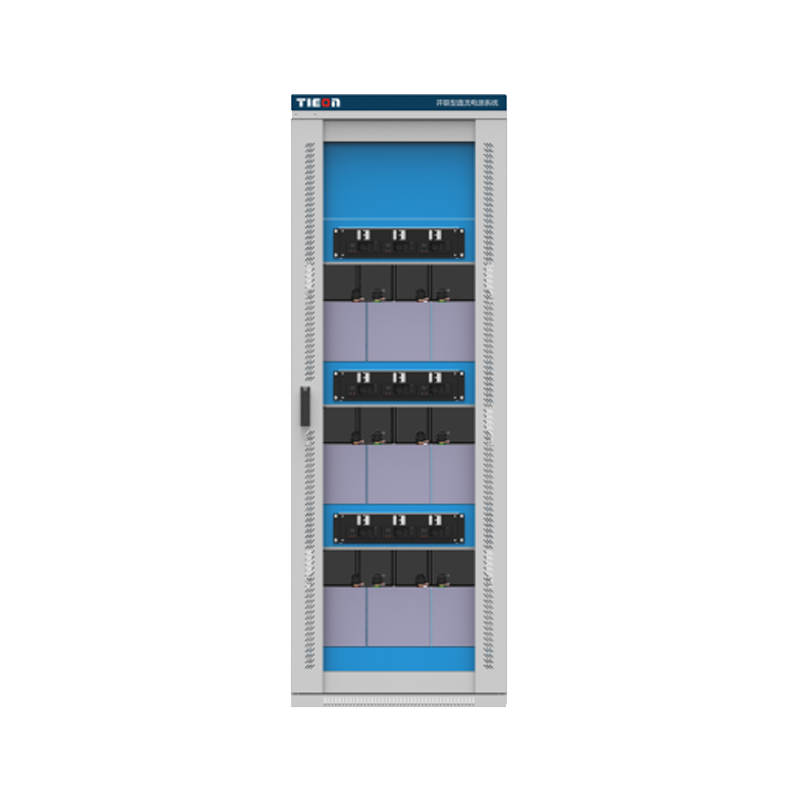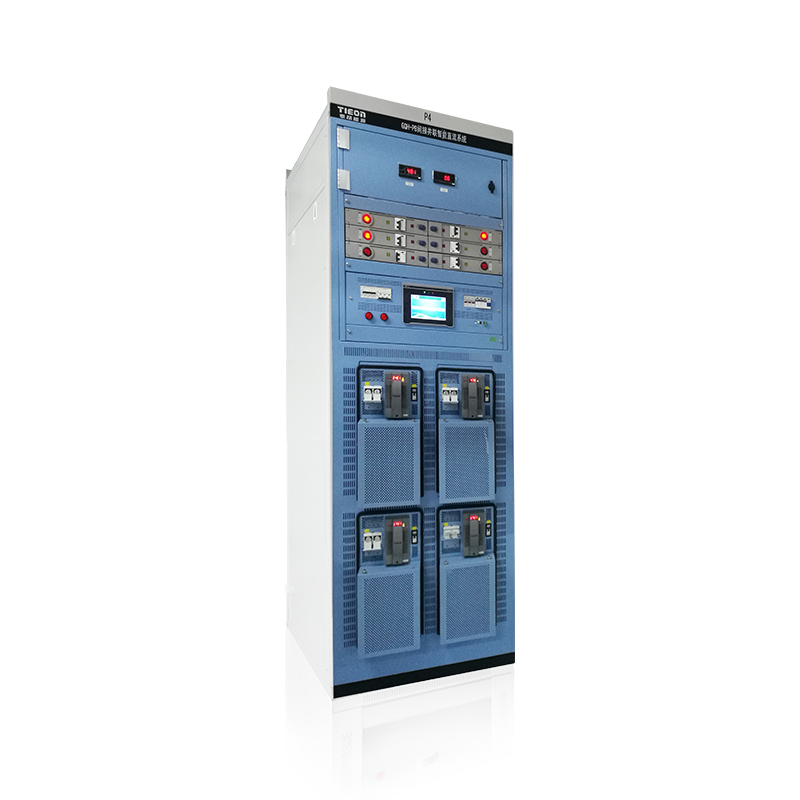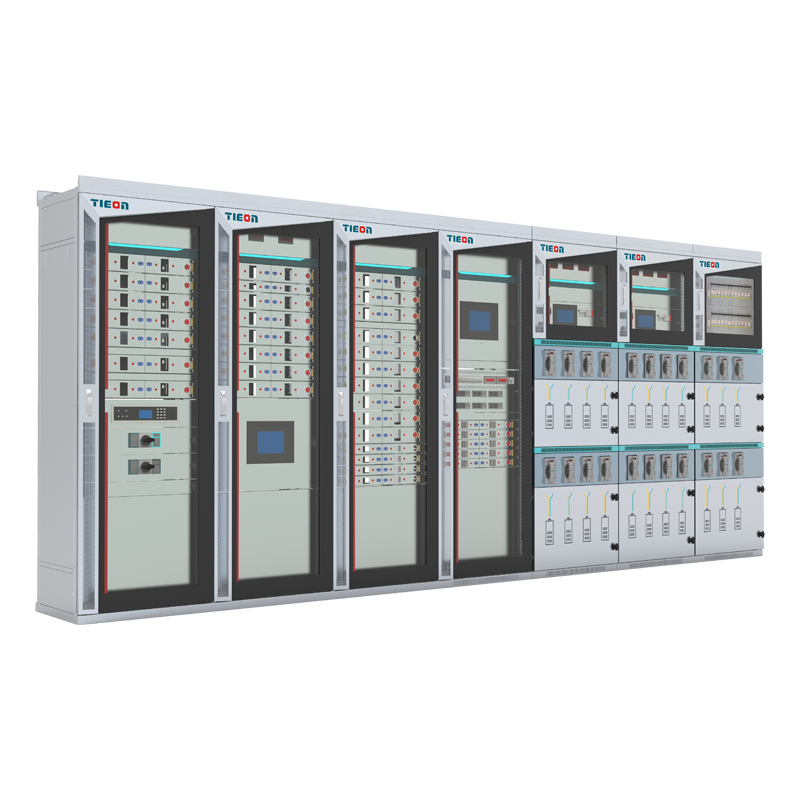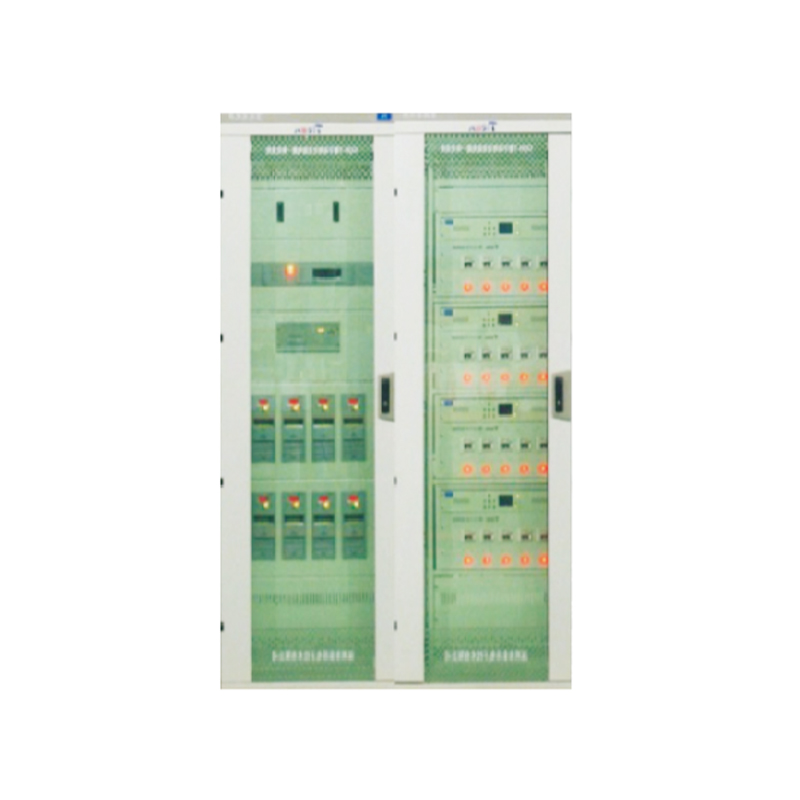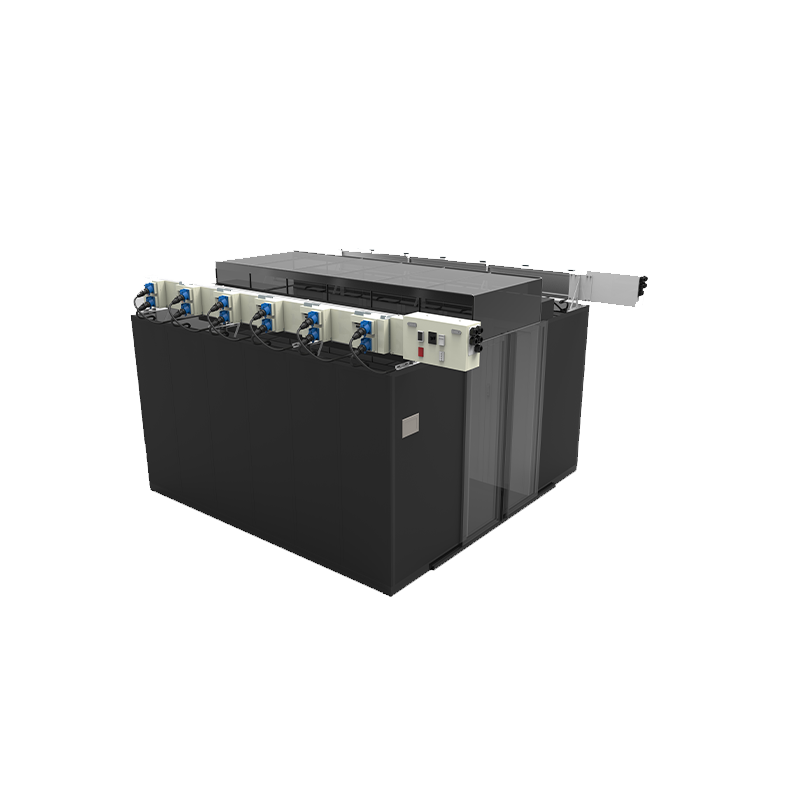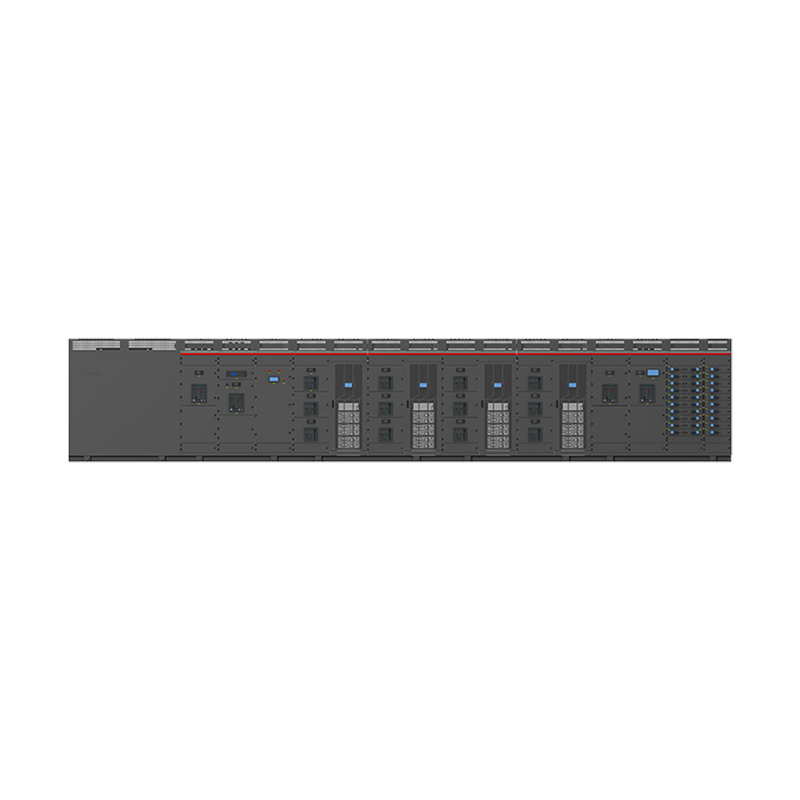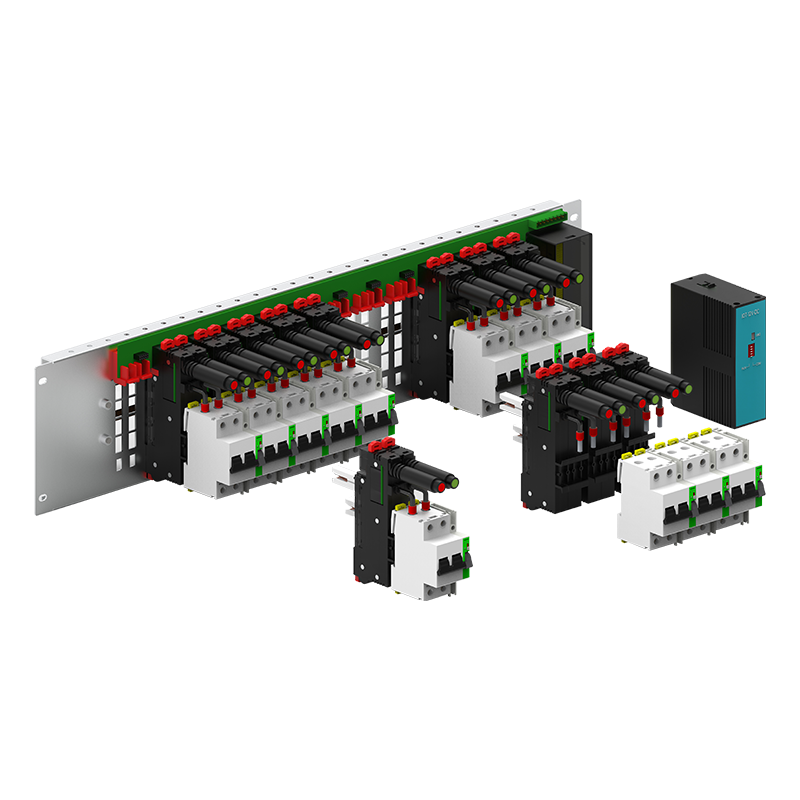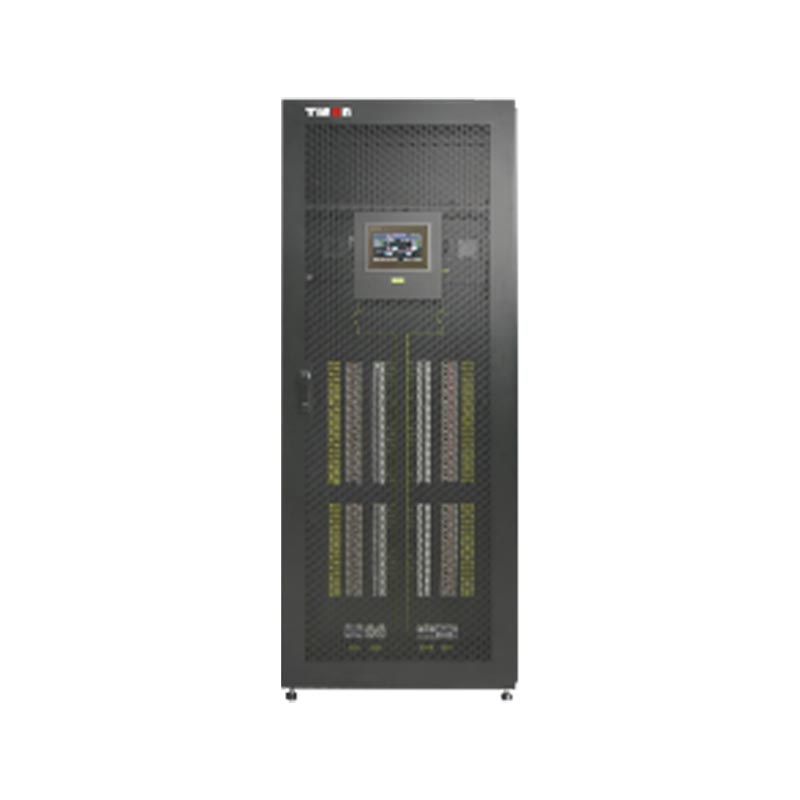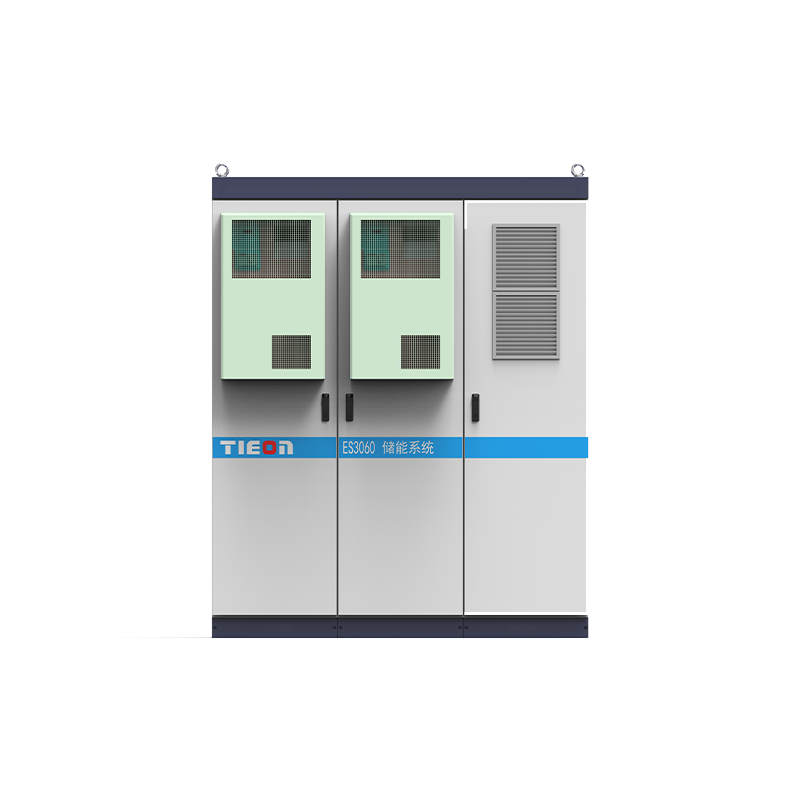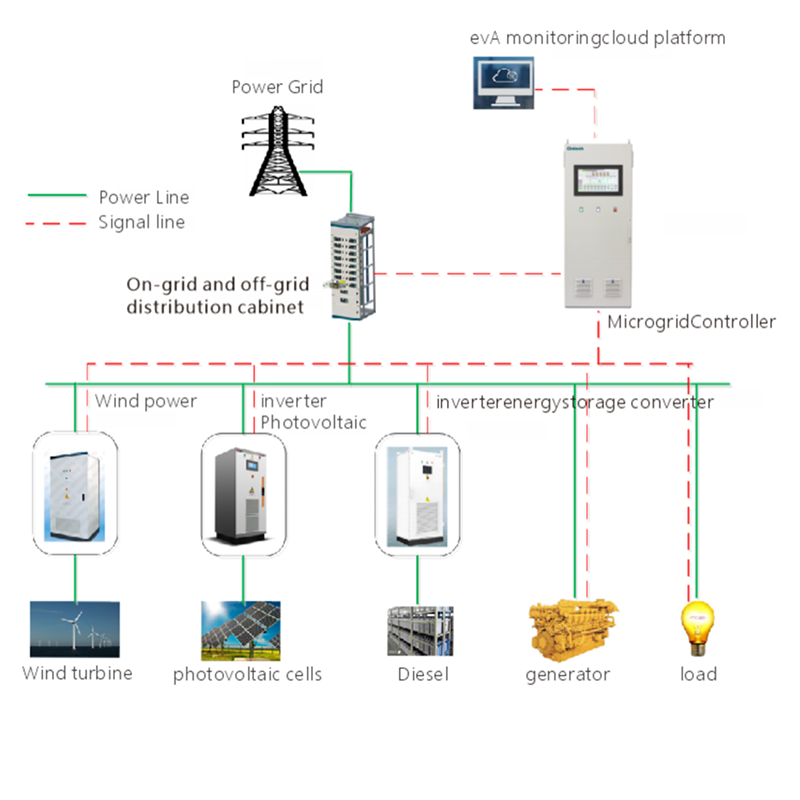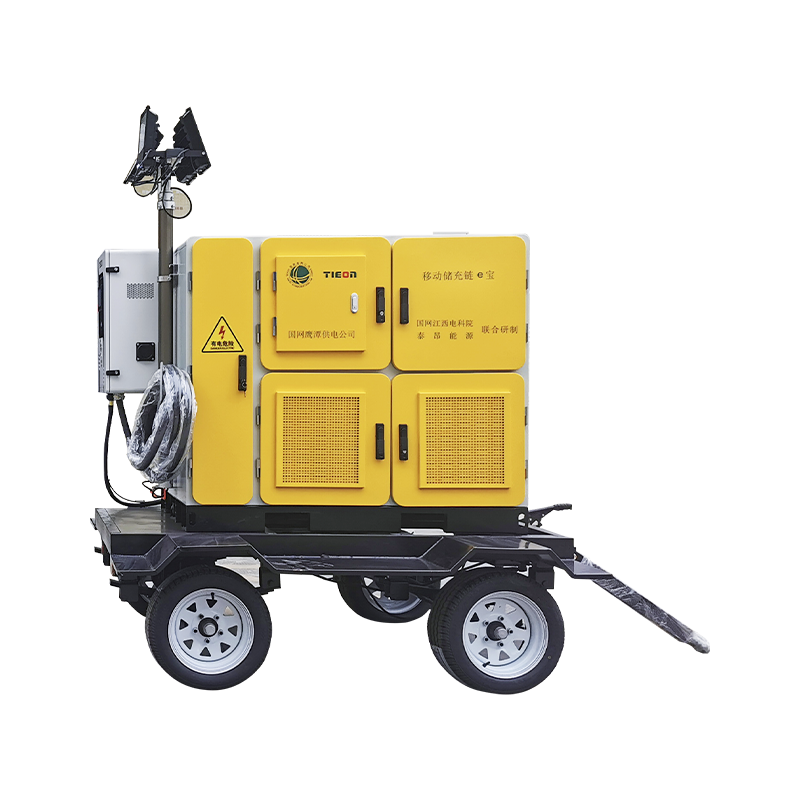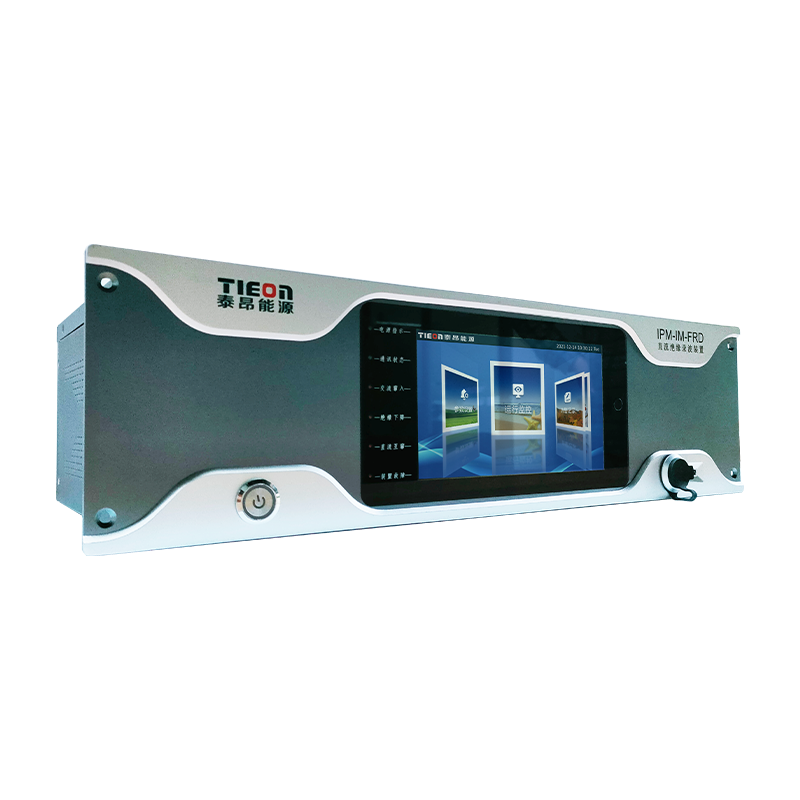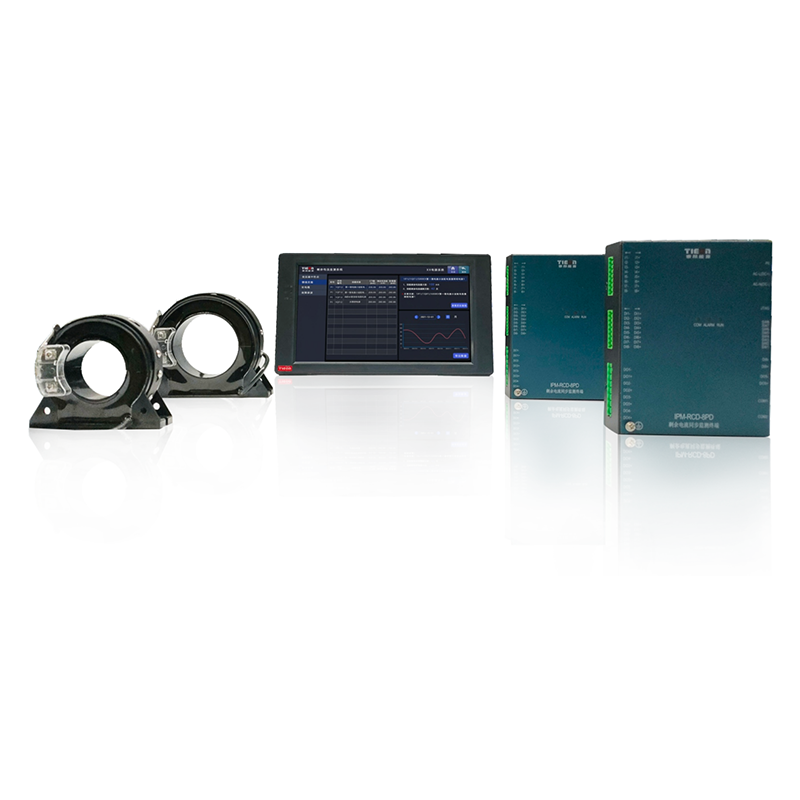Battery back up power is a reliable energy solution that provides electricity when the main power source is interrupted. Also known as an uninterruptible power supply (UPS), it ensures that essential devices continue running without disruption, preventing data loss, equipment damage, and operational downtime. A battery back up power system typically consists of three main components: a battery bank, a charger, and an inverter. These components work together to store and supply energy during power outages, making them essential for homes, businesses, healthcare facilities, and industrial applications.
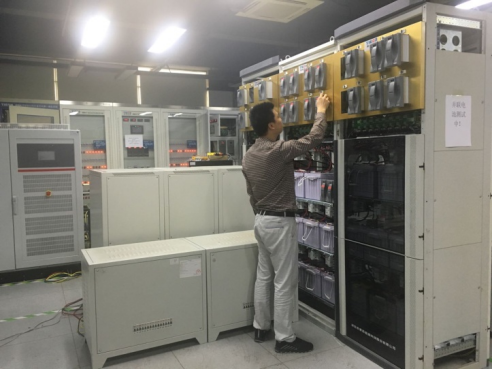
Main Components of a Battery Back Up Power System
1. Battery Bank
The battery bank is the core of a battery back up power system, storing electrical energy to be used during outages. Common types of batteries include:
- Lead-Acid Batteries– Affordable but heavier, with lower energy density.
- Lithium-Ion Batteries– Lighter, with higher energy density and a longer lifespan, though at a higher cost.
2. Charger
The charger ensures that the battery bank remains fully charged by converting electricity from the main power source into a suitable form for storage. It operates continuously when power is available, keeping the system ready for emergencies.
3. Inverter
The inverter converts the stored direct current (DC) from the battery bank into alternating current (AC), which is used by most electrical devices. A high-quality inverter ensures stable power output, protecting sensitive electronics from voltage fluctuations.
Application Scenarios for Battery Back Up Power
1. Household Use
In homes, battery back up power systems provide a reliable source of electricity for:
- Lighting– Ensuring safety and comfort during blackouts.
- Refrigerators– Preventing food spoilage during prolonged outages.
- Medical Equipment & Computers– Maintaining functionality to avoid data loss and support home healthcare needs.
2. Businesses
For enterprises, maintaining operational continuity is crucial. A battery back up power system helps keep:
- Servers & Communication Equipment– Running smoothly to prevent data loss and communication failures.
- IT Infrastructure– Protecting against sudden shutdowns that can disrupt business operations.
3. Healthcare
Hospitals and medical facilities require uninterrupted power for:
- Life-Support Systems & Monitoring Equipment– Ensuring continuous patient care.
- Emergency Power Supply– Keeping critical devices operational during power failures.
4. Industrial Applications
Stable power is essential for industries to avoid costly downtime and operational risks. Battery back up power is used to support:
- Manufacturing Lines & Control Systems– Ensuring continuous production and preventing damage to machinery.
- Data Centers– Maintaining data integrity and system reliability.
Conclusion
Battery back up power systems are essential for providing temporary electricity during outages, ensuring continuous operation in homes, businesses, healthcare facilities, and industries. While they require an initial investment and regular maintenance, their ability to prevent power disruptions, protect sensitive equipment, and enhance energy security makes them a valuable and indispensable solution across various sectors. Additionally, with advancements in battery technology, modern battery backup systems are becoming more efficient, compact, and environmentally friendly, making them an ideal choice for those looking to enhance energy reliability and resilience.

